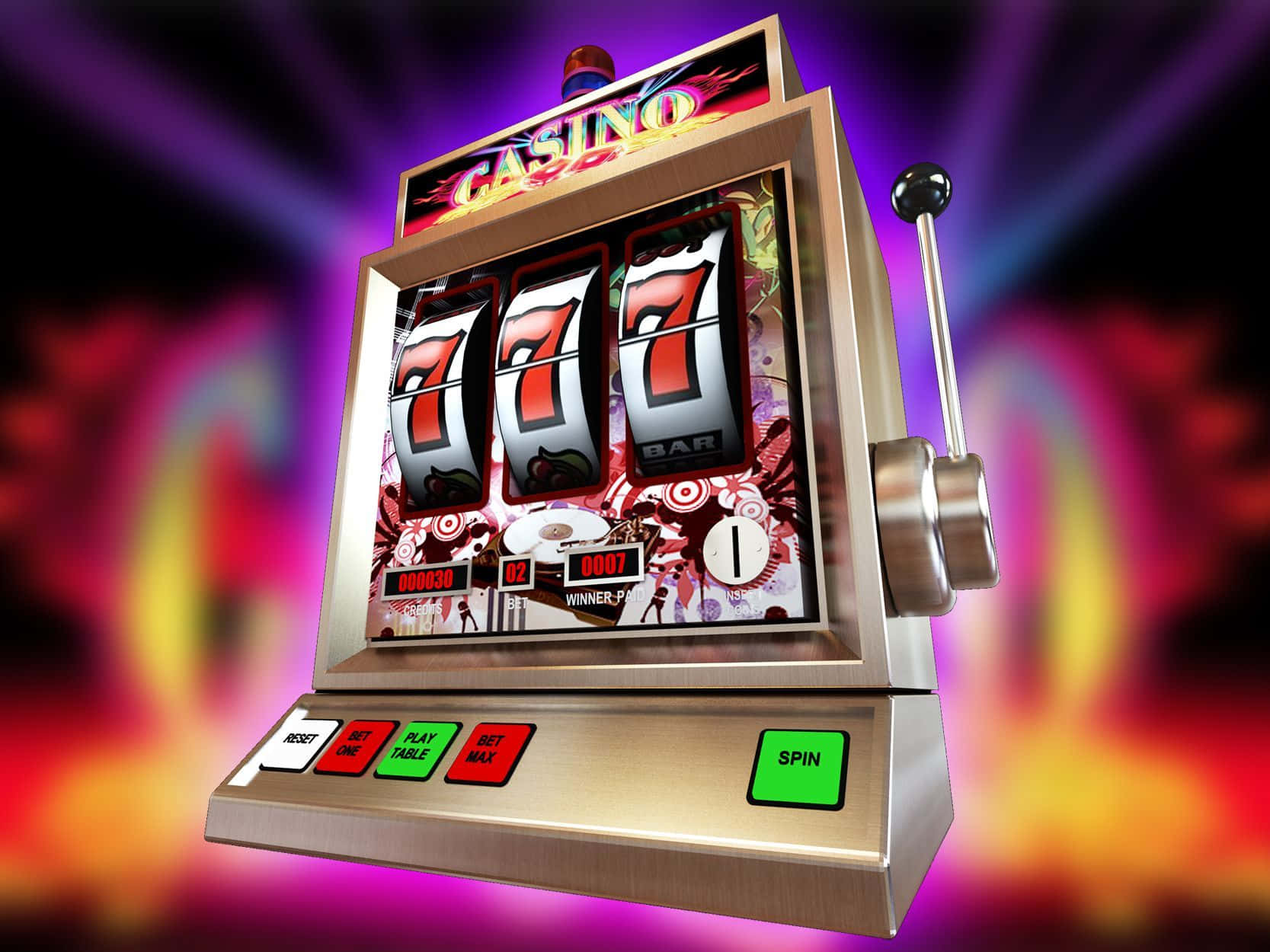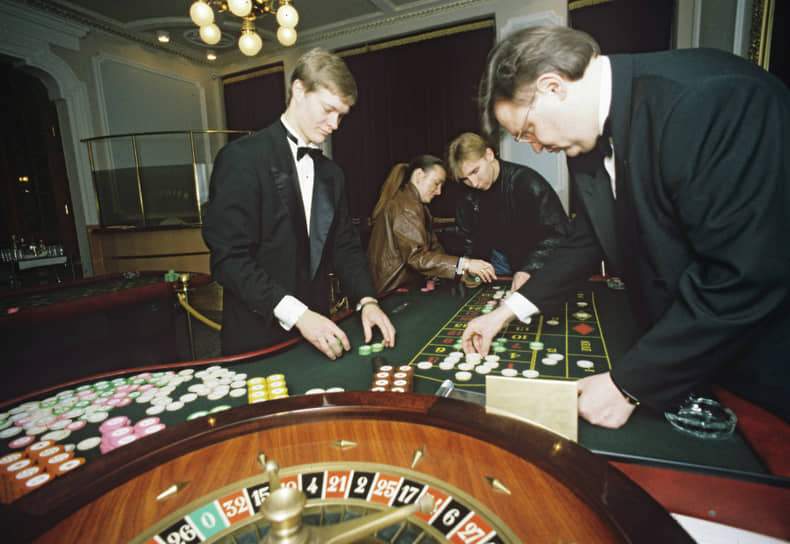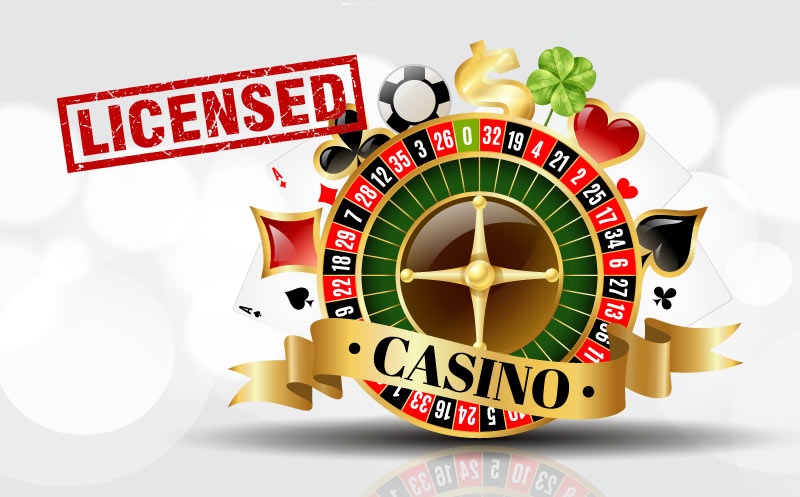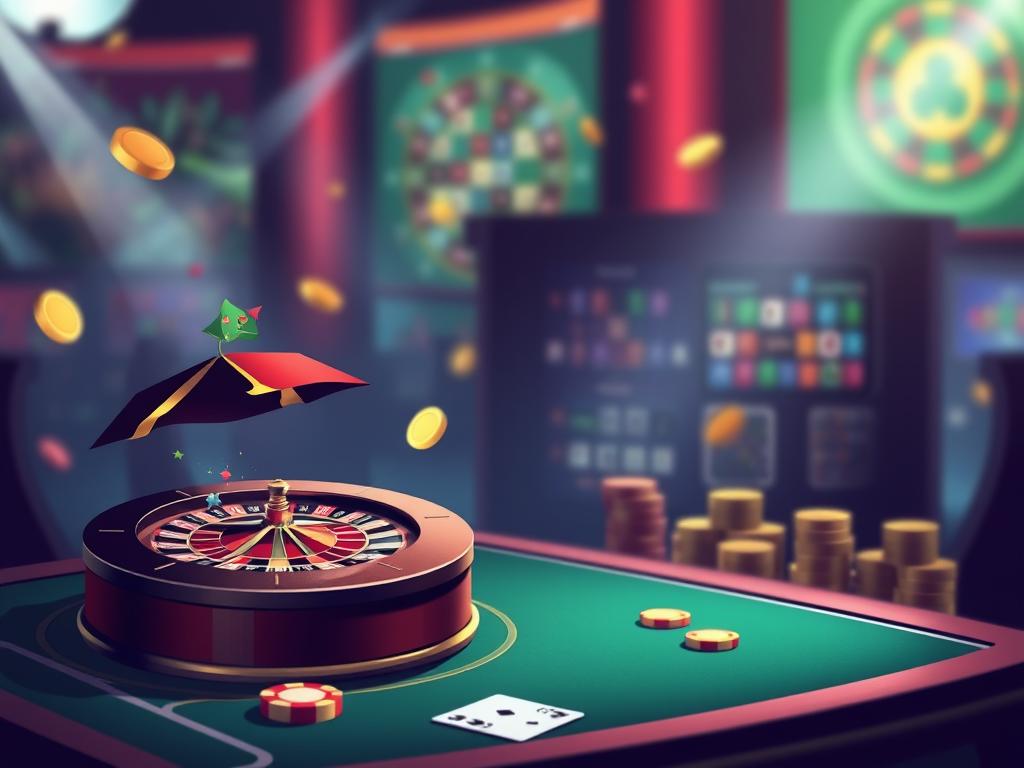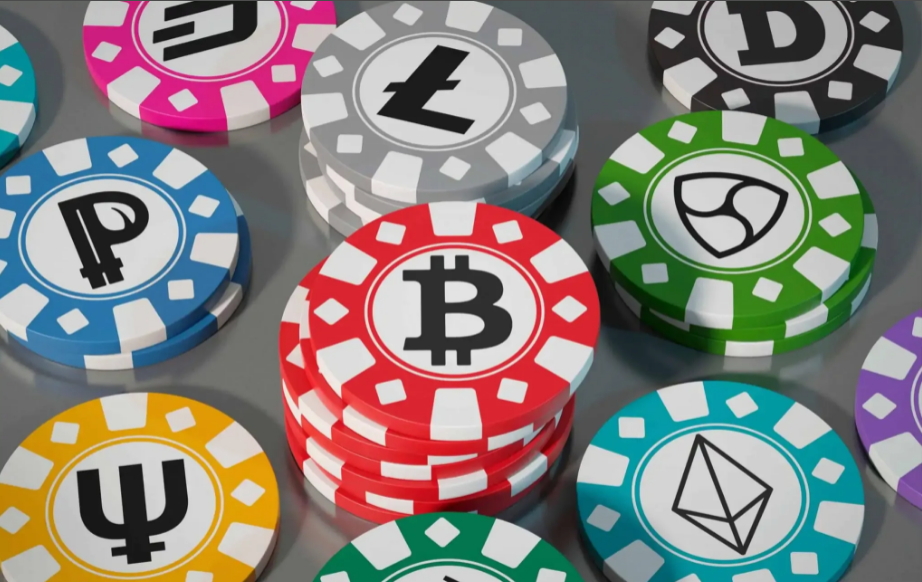Video poker emerged at the intersection of two genres – poker and slot machines. Machines with buttons and screens appeared in US casinos as early as the late 1970s, but the real breakthrough came with the transition to the digital environment. Poker in a new format is not a simulation of a live game at a table, but a separate discipline where algorithms, mathematics, and a consistent strategy play a key role. To understand how to play video poker, it is important to distinguish it from slots: there are no spinning reels here, and it is not necessary to rely solely on chance. Here the player makes decisions – which cards to keep, which to discard, which tactics to choose.
How and Where to Play Video Poker Online
In the online casino market, dozens of platforms offer the format – from major ones like 1xSlots to specialized ones like VideoPoker.com, where dozens of variations are collected. To learn how to play video poker, it is worth starting with the demo mode, which is available on almost all major sites: BitStarz, PlayAmo, Fairspin, Booi Casino. The test format helps to get used to the interface and the logic of the game without risking your bankroll. The choice of a licensed resource is also critical: fair RTP, correct payouts, transparent rules – all of this affects the outcome.
The session mechanics are simple: the player receives five cards, then chooses which ones to keep. The rest are replaced by randomly dealt ones from the deck. After the replacement, the system evaluates the final combination – and if successful, credits the win. Poker includes dozens of variations, but each one operates under a strict set of rules: a strictly fixed payout table, a defined logic of drawing, a set of winning combinations. To understand how to play video poker, it is enough to master the basic cycle: bet – deal – decision – exchange – result.
Basic Combinations: Flush, Straight, and More
The video poker algorithm takes into account standard poker combinations. The strongest of them are:
- Royal Flush – aces to tens of the same suit.
- Straight Flush – a sequence of five cards of the same suit.
- Four of a Kind – four cards of the same rank.
- Full House – three of a kind plus a pair.
- Flush – five cards of the same suit.
- Straight – sequential cards of different suits.
- Three of a Kind – three identical cards.
- Two Pairs.
- Jacks or Better – a pair of jacks or higher, the minimum winning combination in Jacks or Better.
Knowing the combinations helps to consciously decide which cards to hold. Most beginners underestimate the power of lower sets, such as a straight or a pair of high cards. It is precisely these combinations that often determine how to play video poker if the goal is to consistently win, not chase the jackpot.
How to Use Strategy
Unlike slots, video poker requires strategy. The key is the ability to assess the chances of improving the combination. For example, with a pair of aces, it is logical to hold the pair. With one joker and three cards of the same suit, look for a flush. Variations like Deuces Wild, Bonus Poker, Double Bonus Poker require separate strategies: some value a four of a kind of twos, while others focus on combinations of aces. The main principle is to calculate the probability of the outcome. The ability to see two or three bets ahead is how to play video poker as rationally as possible.
Varieties of Video Poker
Among the popular types of video poker are Jacks or Better, Tens or Better, Deuces Wild, Joker Poker, Double Bonus Poker. Each has its own set of rules and payouts:
- Jacks or Better – a classic, wins start with a pair of jacks.
- Deuces Wild – all twos become wild cards.
- Joker Poker – one wild joker is added.
- Bonus Poker – increased payout for certain four of a kind.
- Double Bonus – emphasis on combinations of aces.
Knowing the rules makes it easier to choose a strategy. Differences in RTP and frequency of wins require adaptation. For example, in Deuces Wild, combinations occur more often, but it is harder to get a royal flush. Therefore, how to play video poker depends not only on skill but also on choosing the right variety.
How to Evaluate RTP and Choose a Fair Game
The RTP (Return to Player) indicator reflects the mathematical return of the game. In video poker, it reaches 99.5-99.9%, especially with the correct strategy. The best values are found in Full Pay Jacks or Better, 9/6 Bonus Poker, Double Bonus. But the maximum RTP is not a guarantee of profit. It is only realized as a result of skillful play. Before starting, it is worth studying the payout table to understand if the session is fair. For example, Full Pay in Jacks or Better implies 9 coins for a full house and 6 for a flush. Lower values indicate a reduced RTP. Understanding RTP is the basis of how to play video poker to minimize risk and maximize the chance of a payout.
Bankroll Management: How to Play Video Poker and Avoid Bankroll Depletion
Video poker may seem simple, but it requires discipline. The main mistake of beginners is going all-in or trying to make up for losses. To learn how to play video poker safely, it is important to plan your bankroll in advance: allocate an amount, divide it into sessions and bets. Optimal is not more than 1-2% of the bankroll per game. In case of a series of losses, take a break. Games with progressive jackpots require higher stakes, so it is better to plan such sessions separately. Without systematic management of gaming capital, even a fair session with 99% RTP will lead to a zero balance.
Advantages and Weaknesses of the Format
Video poker combines gambling and mathematics, which is why it is chosen by rational players. Pros:
- High RTP with the correct strategy.
- Absence of external pressure from dealers or opponents.
- Fast game pace without waiting.
- Ability to use demo mode.
Cons:
- High volatility in some variants (especially Bonus Poker).
- Need for constant concentration.
- Requirement for strategic knowledge – without it, winning is almost impossible.
Understanding these parameters helps to understand how to play video poker consciously, evaluating the risks and benefits of each session.
Practice – The Best Guide
Practice remains the key to confident play. It is better to start in demo mode, honing your strategy and understanding of combinations. Then move on to minimum bets at reliable casinos with transparent payout tables. Players who regularly practice the format quickly adapt to the rhythm, improve their results, and reduce mistakes. Intuitive understanding of how to play video poker in a specific situation, rather than by a scheme, is formed through practice. The higher the experience, the faster the analysis and the more realistic the stable winnings.
Conclusion
The new poker format combines the simplicity of a machine with the depth of a session. How to play video poker: be able to see combinations, manage your bankroll wisely, and choose fair platforms to turn the game into a sustainable strategy. The key to success is regular practice and adaptation to the chosen variety. A systematic approach makes the session interesting, profitable, and controllable.

